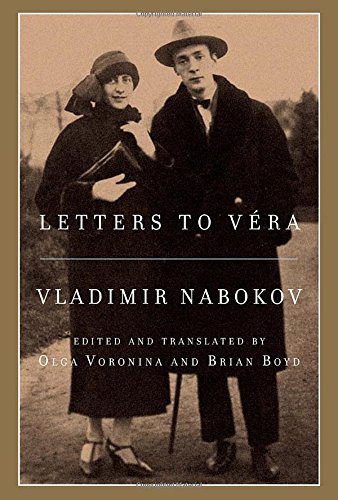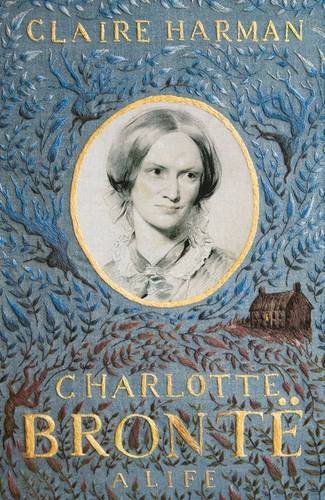 1. “Honey Bunny”, a short story by Julianne Pachico
1. “Honey Bunny”, a short story by Julianne Pachico
From The New Yorker: He comes up to her on the dance floor. “Nice purse,” he says almost immediately.
“Nice Charlie Brown sweater,” she says. She actually means it, too. She glimpsed him at the bar earlier, talking to his friends, and the black zigzag stripe running around his torso had made her smile, despite herself, into her cosmopolitan.
Plus: Read an interview with Julianne Pachico about the story
 2. An interview with Ted Rall, author of the Edward Snowden biography
2. An interview with Ted Rall, author of the Edward Snowden biography
From Guernica: Rall’s new book of comics journalism, Snowden, is informed by this same directness and revolutionary spirit. Perhaps the most appealing and unusual element of Rall’s biography of the former-NSA-employee-turned-international-fugitive is that, though he casts Snowden mostly as a hero, he simultaneously acknowledges that Snowden was, for most of his life, unremarkable. Rall’s Snowden seems no more likely to tell the world about the NSA’s secret programs than any of the other 1.4 million employees with Snowden’s level of top-secret security clearance.
 3. A review of Letters to Véra by Vladimir Nabokov
3. A review of Letters to Véra by Vladimir Nabokov
From The New York Times: When he mailed the first missive to the woman who would become his wife, Vladimir Nabokov was a penurious, Berlin-based poet known to the émigré community as “V. Sirin,” a name that felt more familiar to him than his own. He dreamed still of Russia. When he mailed his last letter, he was a wealthy American novelist living in Switzerland, self-conscious about the quality of his Russian. In between came a shelf of literature, three wrenching changes of country, and nearly fifty years of marriage.
 4. “The Way You Look at Me”, a short story by Jean McGarry
4. “The Way You Look at Me”, a short story by Jean McGarry
From Guernica: She was thirty-five, a meaningless year, had been married once, and was still in some ways married, although the husband was far away and in ignorance; and, like most men, mistook his will for the deed—her deeds—and lived so securely in his own head—secure, but embattled—that he didn’t know or care what she was up to, and she knew that, so never mentioned him or the marriage to anyone, including the friend, a new acquaintance, sitting across from her at the outdoor table with a bottle of wine and two glasses between them. They were talking about Henry James.
By the author of A Bad and Stupid Girl
 5. Kathryn Hughes reviews Charlotte Brontë: A Life by Claire Harman
5. Kathryn Hughes reviews Charlotte Brontë: A Life by Claire Harman
From The Guardian: Some life stories are so canonical that they don’t bear retelling, so much as demand it. That’s why every 20 years or so, we want – and get – a new biography of Charlotte Brontë, that patron saint of every bookish brown mouse who has ever screamed silently to the world “one day you will notice me and be dazzled by my sun”. The tale of how a poor, plain, provincial girl turned a lifetime of material and emotional lack into the thrilling art of Jane Eyre and Villette is so consoling that it is impossible not to ask for it again and again.
Book details
- Snowden by Ted Rall
EAN: 9781609806354
Find this book with BOOK Finder!
- Letters to Véra by Vladimir Nabokov
EAN: 9780307593368
Find this book with BOOK Finder!
- A Bad and Stupid Girl by Jean McGarry
EAN: 9780472115808
Find this book with BOOK Finder!
- Charlotte Brontë: A Life by Claire Harman
EAN: 9780670922260
Find this book with BOOK Finder!